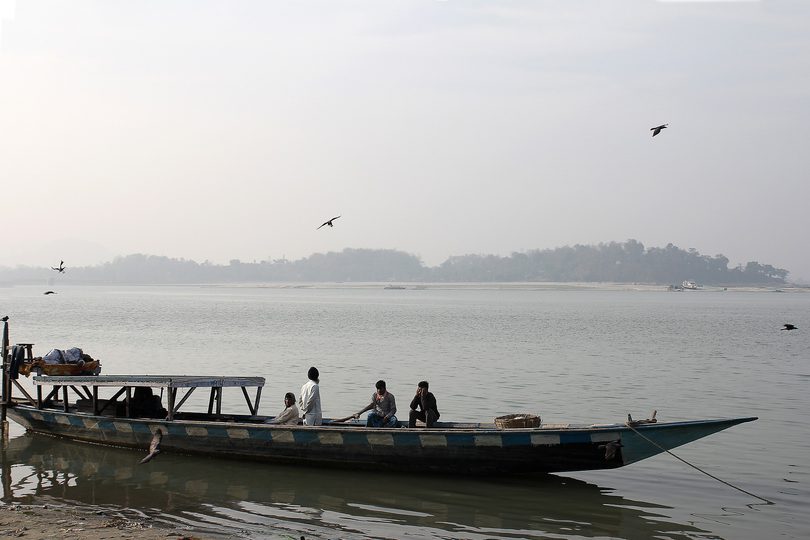
This is a joint event with the Oxford Martin TNC Climate Partnership
The Paris Agreement has provided an opportunity to strengthen the global action on climate change. The Paris Agreement emphasizes for limiting global temperature at 2°C and even at 1.5°C above pre-industrial conditions to avoid the potential adverse impact of climate change. Recent studies showed that holding warming to 1.5°C versus 2°C can significantly reduce the potential loss due to climate change. People in South Asia, where people's livelihoods are highly dependent on water resources, can be affected disproportionally under the warming world. The Ganges-Brahmaputra-Meghna (GBM) river system plays a key role in the survival and development of more than 670 million people in South Asia.
In this talk, Professor Islam, Oxford Martin visiting Fellow, will show how freshwater availability and climate extremes such as floods and droughts of the GBM river basins in Bangladesh will likely be affected by global warming at different specific warming levels. An analysis of the flows in the GBM river systems using a semi-distributed hydrological model forced by the multi-model ensembles bias-corrected regional climate projections will be presented. This study will assist for the understanding of the potential implications of climate change and adaptation options for agricultural and water management of these three river systems in Bangladesh.
About the speaker
Professor A.K.M. Saiful Islam is a Professor at the Institute of Water and Flood management of Bangladesh University of Engineering and Technology (BUET) and Oxford Martin Visiting Fellow on the Oxford Martin TNC Climate Partnership. Professor Islam has a Bachelor of Science in Civil Engineering, Master of Science in Water Resources Engineering from BUET and a PhD in Civil Engineering from the Drexel University, USA. His research and teaching interests include climate change impact on the hydrological cycle, regional climate modelling, weather and flood forecasting, hydrological information science and remote sensing applications for environmental monitoring. Professor Islam has over 34 peer-reviewed publications, 6 book chapters and 97 articles in proceedings of international conferences to his name. He is currently serving as a Lead Author for the Sixth Assessment Report of IPCC WG I.